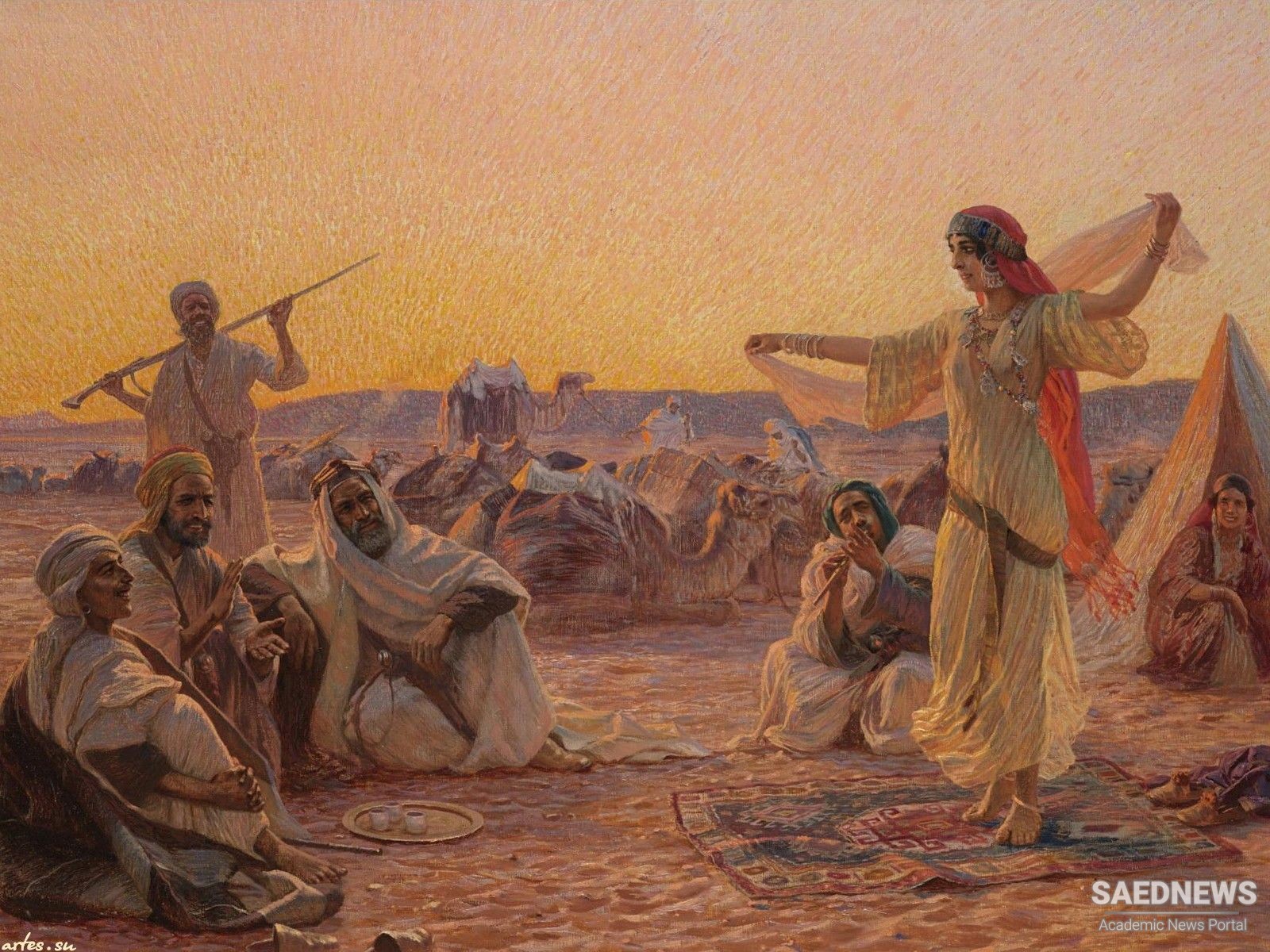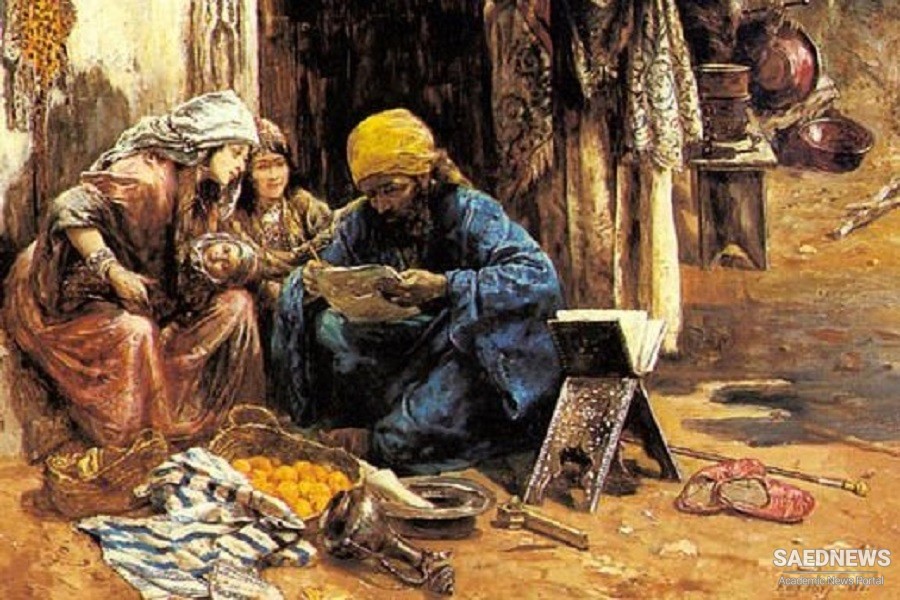The legal concepts of the pre-Islamic Bedouin are amongst the most important elements which ancient Arabia bequeathed to Islam. They were, of course, revised in the light of social change and under a new dispensation: tribal solidarity and honour, norms of a religious dimension in ancient Arabian paganism, collapsed just as the worship of the old gods did; they no longer sufficed to confer unlimited validity on the ideals of manly virtue (muruwwa), and it was precisely this which created the malaise which cried out for reform. Insistence on social welfare, the system of private and collective security (lex talionis and penal law) and family and inheritance laws in the Koran are proclaimed as the commands of the Divine Judge. In the place of ‘ignorance’ (Jahiliyya, the characteristic of ancient paganism) there appears ‘knowledge’ derived from revelation. The community of the believers (umma) transcends tribal society and in many respects replaces it (Source: Islam, A Historical Introduction).



 Koran the Unique Source of Islamic Revelation
Koran the Unique Source of Islamic Revelation














































